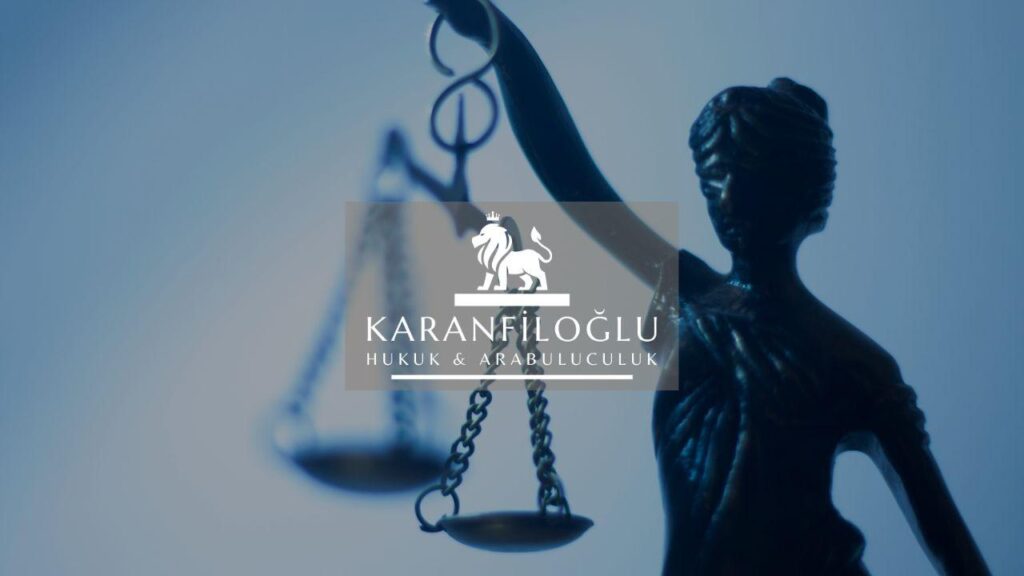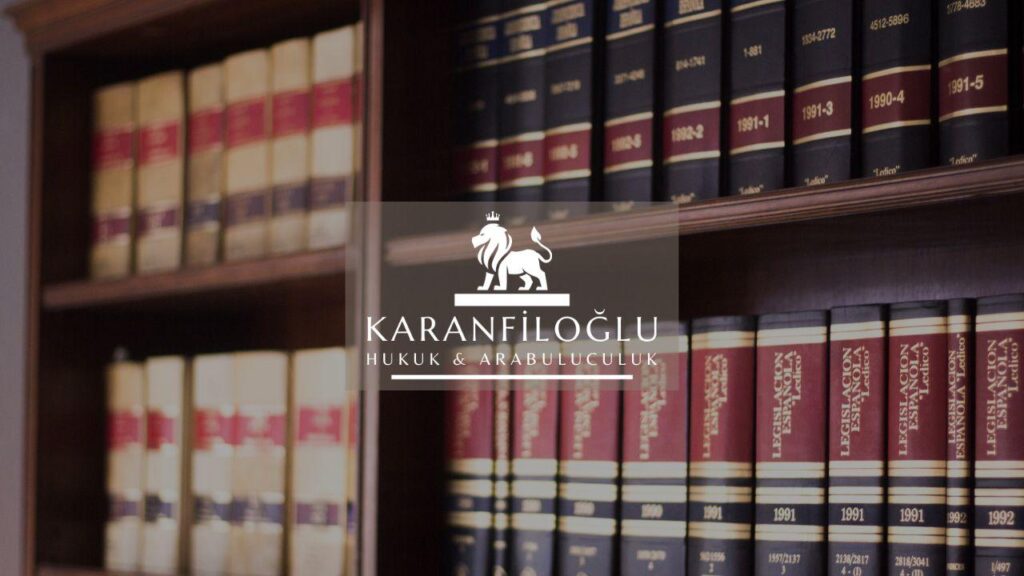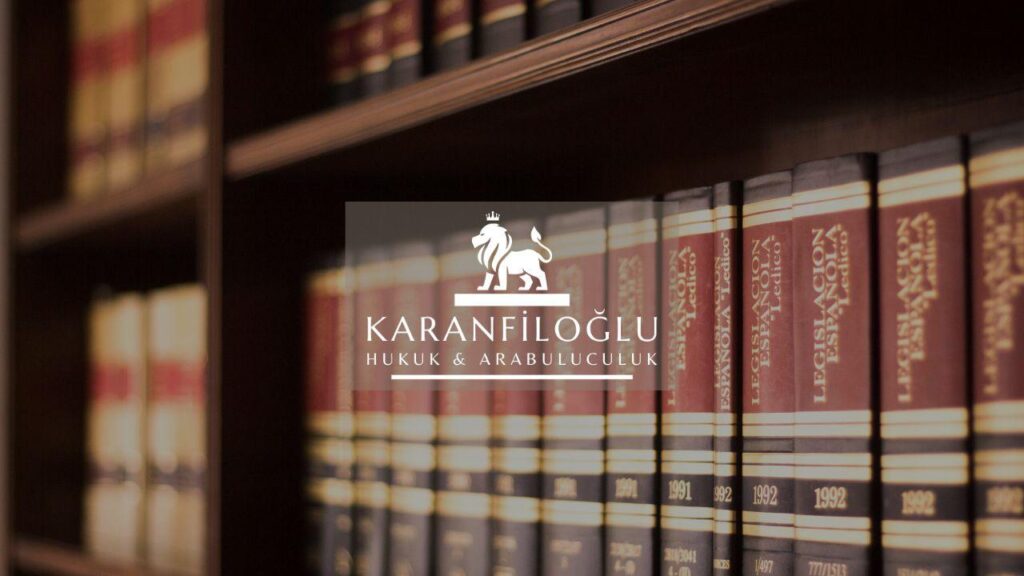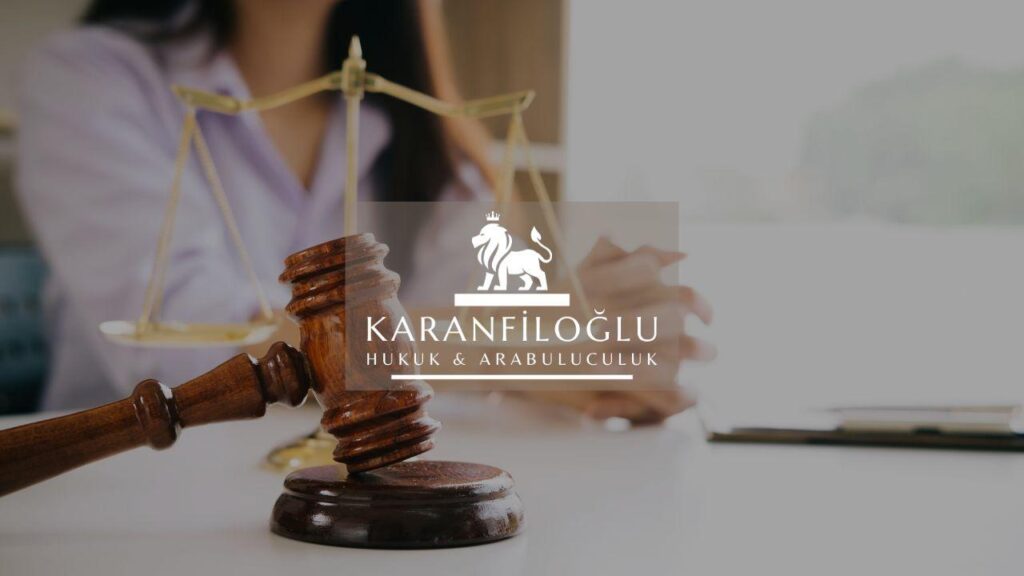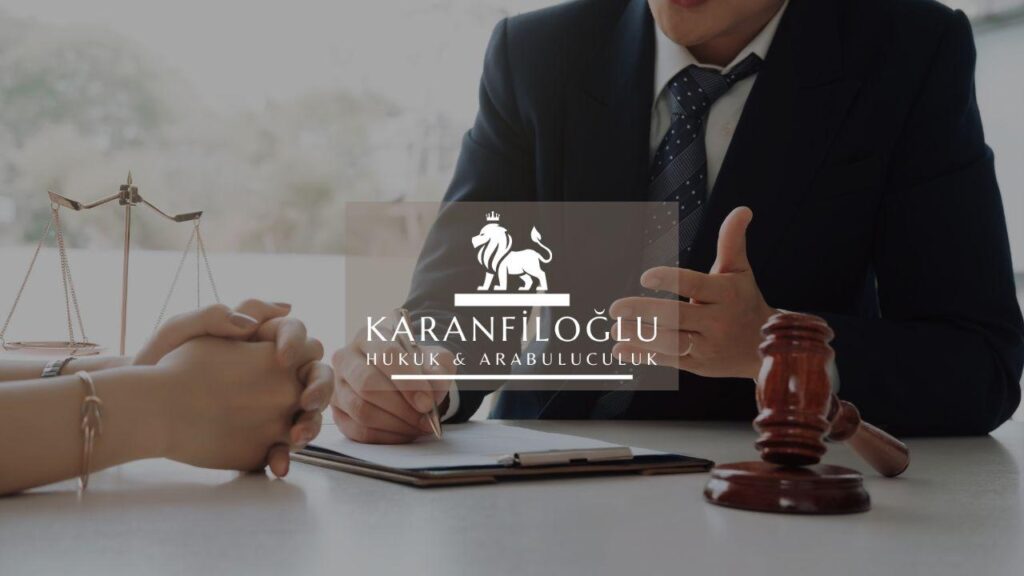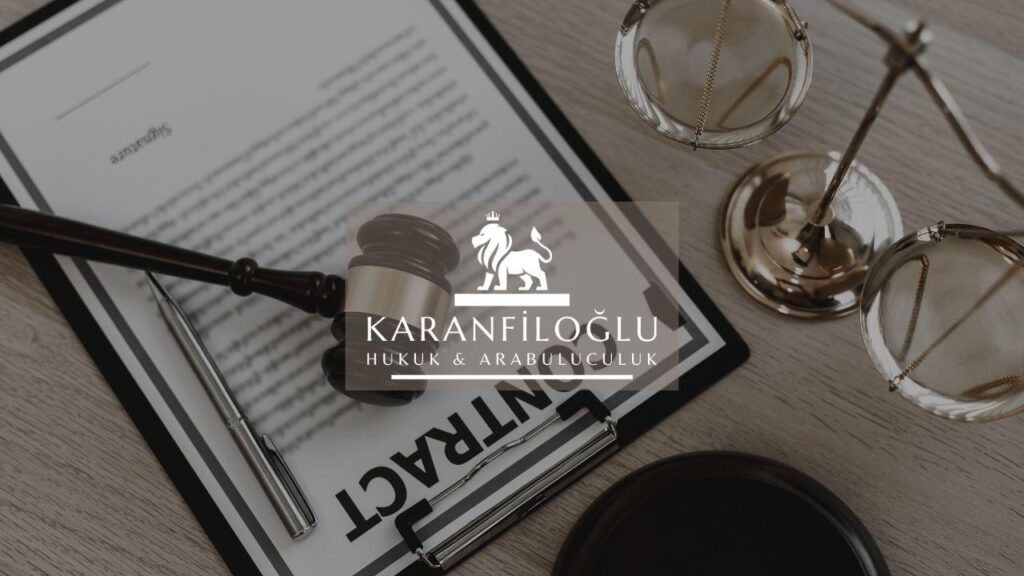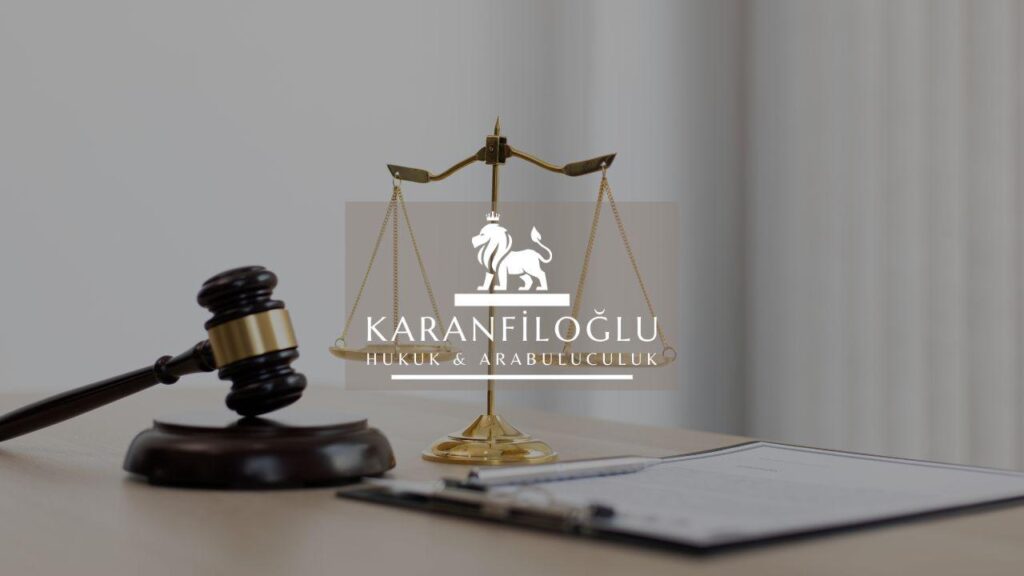In the rapidly evolving world of innovation and creativity, understanding Turkish Intellectual Property Regulations is essential for anyone looking to protect their intellectual assets in Turkey. Governed by the Industrial Property Law No. 6769, the legal framework is designed to foster innovation while safeguarding the rights of creators and inventors. The law encompasses patents, trademarks, designs, and geographical indications, setting out comprehensive procedures for registration and enforcement. Articles 84 through 138 specifically address patents and utility models, while articles 3 through 26 provide detailed guidelines for trademarks. Additionally, penalties and legal remedies for infringement are outlined in articles 149 to 180, ensuring robust protection for intellectual property rights. As Karanfiloglu Law Office, we offer unparalleled expertise and tailored legal services to navigate these complex regulations, mitigating risks and optimizing intellectual property strategies for our clients in Turkey.
Key Aspects of Intellectual Property Laws in Turkey
One of the key aspects of Intellectual Property Laws in Turkey is the protection and registration of patents, which are comprehensively regulated under Articles 84 through 138 of the Industrial Property Law No. 6769. A patent grants the inventor exclusive rights to their invention, provided it meets the criteria of novelty, inventive step, and industrial applicability. These articles outline the application process, examination, and grant procedures, as well as the duration of patent protection, which extends up to 20 years from the filing date. Additionally, utility models, which protect inventions that are not as inventive as those qualifying for patents but still hold significant industrial value, are covered within the same articles, offering a protection term of 10 years. By navigating these regulations, Karanfiloglu Law Office ensures that our clients’ innovations are effectively safeguarded, thereby fostering a secure environment for continued innovation and economic growth.
Another crucial element within the Turkish Intellectual Property framework is the protection and registration of trademarks, governed by Articles 3 through 26 of the Industrial Property Law No. 6769. Trademarks serve to distinguish the goods and services of one enterprise from those of others, and the protection covers a broad range of signs including words, logos, sounds, and even colors. The registration procedure involves a formal application to the Turkish Patent and Trademark Office, followed by an examination process to ensure compliance with the law. Once registered, a trademark is protected for a period of 10 years from the application date and can be renewed indefinitely for additional 10-year terms, provided the mark continues to be used and the necessary fees are paid. At Karanfiloglu Law Office, we specialize in assisting clients through each step of the trademark registration and renewal processes, ensuring their brands are legally protected and their market position is secured.
Designs and geographical indications also play a pivotal role in Turkey’s Intellectual Property Regulations, governed under Articles 55 to 65 and 33 to 39 respectively, of the Industrial Property Law No. 6769. Designs protect the visual and ornamental aspects of products, such as the shape, pattern, or color, and offer a protection term of 5 years from the filing date, renewable up to a maximum of 25 years. Geographical indications identify products with a specific geographic origin and qualities, reputation, or characteristics attributable to that location, such as Antep baklava or Turkish delight. Both forms of protection are crucial for maintaining competitive advantage and market share. At Karanfiloglu Law Office, we assist our clients in navigating the intricate registration processes for designs and geographical indications, ensuring that these valuable assets are legally recognized and protected, thus enhancing the commercial and economic value of our clients’ innovations and regional products.
Navigating Patent and Trademark Applications
Navigating Patent and Trademark Applications
Applying for patents and trademarks in Turkey can be a meticulous process, demanding a thorough understanding of the Industrial Property Law No. 6769. For patents, articles 84 through 138 detail the requirements for filing, including the necessity for a clear and complete description of the invention, claims defining the scope of protection sought, and any relevant drawings. Trademarks, governed by articles 3 through 26, require applicants to provide a distinctive sign that can differentiate goods or services. This entails submitting representations of the trademark, details of the goods or services it will cover, and payment of required fees. Understanding these regulations helps streamline the application process and enhances the likelihood of successful registration. At Karanfiloglu Law Office, we guide our clients through every step, from initial searches to drafting and filing, ensuring compliance with Turkish law and maximizing protection for their intellectual assets.
Ensuring the successful registration of patents and trademarks in Turkey also involves meticulous alignment with procedural requirements stipulated by the Turkish Patent and Trademark Office (TPTO). For patent applications, it’s essential to perform a detailed prior art search to ascertain the novelty of the invention, as mandated by Article 90. Additionally, examination and publication procedures under Articles 96 and 97 play a crucial role in the evaluation and potential granting of patent rights. Trademark applicants must also undergo a similarity search to check for any existing conflicting marks, a step underscored by Article 10 to avoid future legal disputes. Moreover, opposition procedures, covered under Article 19, allow third parties to challenge the registration within a specified period, adding another layer that necessitates careful monitoring. Karanfiloglu Law Office excels in managing these detailed processes, providing clients with expert insights and comprehensive support to navigate the complexities of Turkish Intellectual Property Law effectively.
Securing intellectual property rights goes beyond mere application—it extends to vigilant enforcement and protection against potential infringements. Articles 149 to 180 of the Industrial Property Law No. 6769 outline the legal remedies available for IP rights holders, including cease and desist orders, compensatory damages, and provisions for seizure and destruction of infringing goods. Arbitration and mediation are also encouraged as alternative dispute resolution mechanisms under Article 182, offering cost-effective and timely solutions for IP conflicts. Karanfiloglu Law Office leverages these robust legal frameworks to defend our clients’ rights proactively. We represent clients in infringement and opposition proceedings, providing strategic counsel to prevent and resolve disputes effectively. With our dedicated legal expertise, businesses can feel secure knowing their intellectual property is rigorously protected under Turkish law.
Protecting Your Intellectual Property Rights in Turkey
Protecting your intellectual property rights in Turkey requires diligent adherence to statutory requirements and procedural guidelines stipulated by the Industrial Property Law No. 6769. For patents and utility models, comprehensive applications including detailed descriptions, claims, and, when necessary, drawings must be filed with the Turkish Patent and Trademark Office, as outlined in Articles 84 through 138. Trademarks, on the other hand, necessitate a distinct registration process as detailed in Articles 3 through 26, which encompasses filing, examination, and publication stages. Failure to comply with these stringent procedures can lead to delays, additional costs, or even the rejection of applications. Our team at Karanfiloglu Law Office specializes in assisting clients to navigate these complexities efficiently, ensuring that intellectual property assets are robustly protected under Turkish law.
Once intellectual property rights are registered, monitoring and enforcement become critical to maintaining their value and legality. The infringement of intellectual property rights is addressed under Articles 149 to 180 of the Industrial Property Law No. 6769, which provide a range of civil and criminal remedies, including injunctions, compensation for damages, and even prison sentences for severe violations. Effective enforcement often begins with diligent market surveillance to detect unauthorized use of protected assets. At Karanfiloglu Law Office, we assist clients in drafting and issuing cease-and-desist letters, representing them in mediation proceedings, and initiating litigation when necessary. Moreover, our expertise extends to coordinating with customs authorities to prevent the import and export of counterfeit goods, thereby safeguarding our clients’ intellectual property from infringing activities both domestically and internationally.
In addition to proactive enforcement, periodic audits and updates of your intellectual property portfolio are crucial for maintaining its efficacy and alignment with your business objectives. Intellectual property audits help in identifying potentially obsolete, undervalued, or unprotected elements within your portfolio, providing opportunities for optimization and strategic realignment. This process can involve renewing registrations, adjusting protection scopes, and addressing any newly identified infringements. Furthermore, with the advancements in digital technologies, it becomes essential to adopt strategies for protecting intellectual property in the digital space, including domain names and online content. At Karanfiloglu Law Office, we offer comprehensive audit services and strategic counsel to ensure that your intellectual property assets not only remain legally protected but also serve to enhance and drive your business forward in both traditional and digital marketplaces.
Disclaimer: This article is for general informational purposes only and you are strongly advised to consult a legal professional to evaluate your personal situation. No liability is accepted that may arise from the use of the information in this article.

